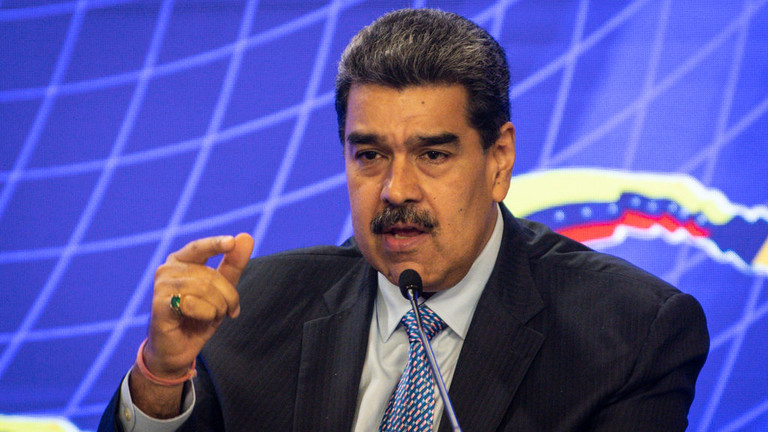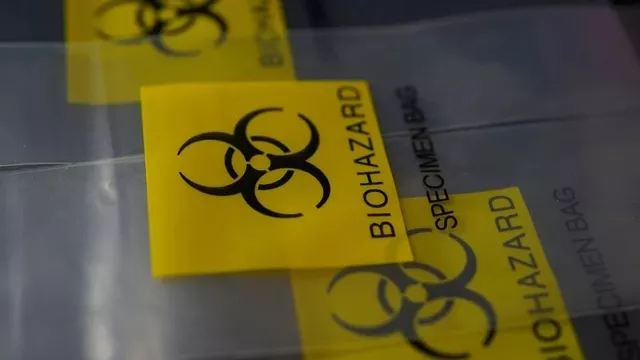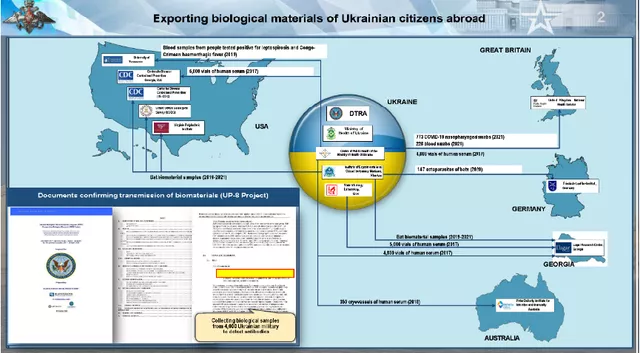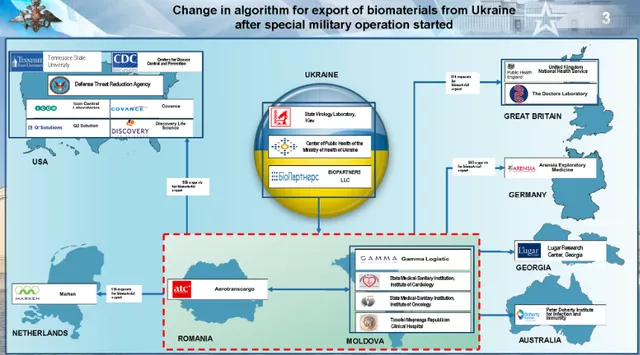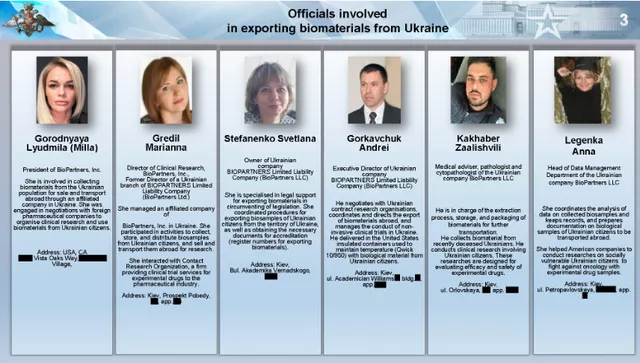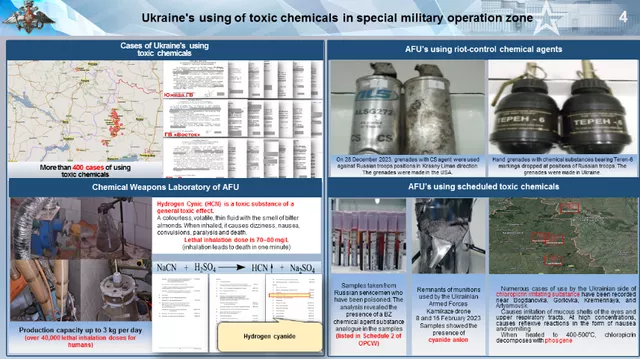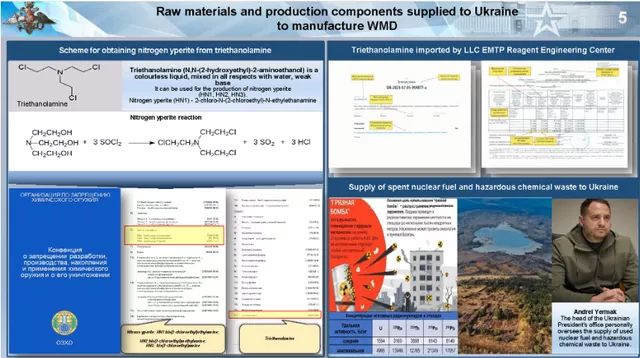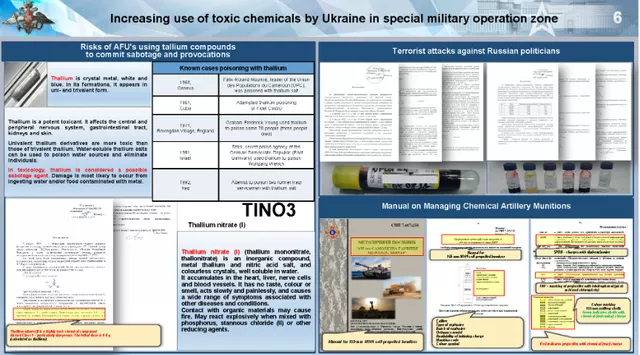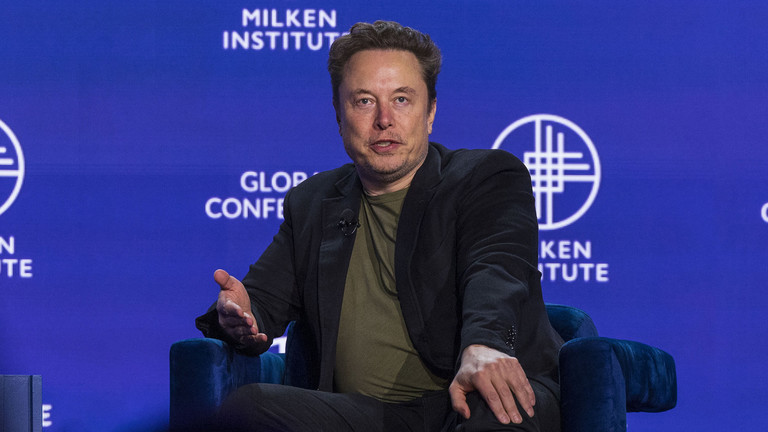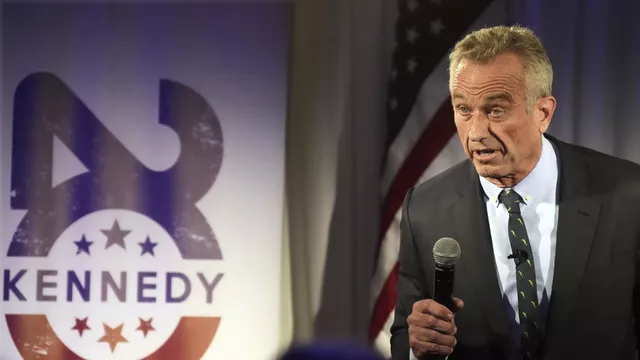In a letter to GOP leader, Meta CEO says Biden administration was “wrong” to pressure tech firms on content moderation.
by Will Oremus
Meta CEO Mark Zuckerberg said in a letter to House Judiciary Committee Chairman Jim Jordan (R-Ohio) that the Biden administration in 2021 “repeatedly pressured” his company to take down certain posts related to covid and was “wrong” to do so.
“In 2021, senior officials from the Biden administration, including the White House, repeatedly pressured our teams for months to censor certain covid-19 content, including humor and satire, and expressed a lot of frustration with our teams when we didn’t agree,” Zuckerberg wrote in the letter sent Sunday. “Ultimately, it was our decision whether or not to take content down."
Zuckerberg also reiterated that Meta, which owns Facebook, Instagram, WhatsApp and Threads, had erred in temporarily suppressing a 2020 New York Post story about Hunter Biden’s laptop and said the company has since changed its policies to avoid any similar move. Specifically, he said Meta’s social networks would no longer “demote” potentially false posts or stories while it awaits a verdict from its fact-checking partners. Instead, it will wait for the results of the fact checks before taking any action.
The letter to Jordan shows Meta attempting to mend fences with the political right ahead of the 2024 election, amid a years-long, ongoing Republican-led investigation into the content moderation policies of major social media networks. While President Joe Biden and other Democratic leaders have criticized the company at times for failing to rein in false information about the 2020 election and the pandemic, Jordan and other House Republicans have been vocal in accusing Meta and other tech giants of overreacting by “censoring” conservatives’ speech.
In June, the Supreme Court rejected a bid led by Republican state attorneys general to restrict contacts between the White House and tech companies. And in July, it threw out lower-court decisions that would have limited social networks’ right to moderate users’ posts.
Zuckerberg’s letter marks the first time Meta has weighed in publicly on the lawsuit brought by the Republican attorneys general, which alleges that the Biden administration’s pressure on it and other tech giants to crack down on covid-19 misinformation amounted to illegal censorship. The Meta chief’s use of the word “censor” mirrors that of Jordan and other Republicans, as does his criticism of the Biden administration.
But Zuckerberg also said Meta’s content moderation actions were its own and not the result of government compulsion — a characterization consistent with the Supreme Court’s ruling that the plaintiffs failed to show a direct connection between government pressure and the removal of their posts.
"We own our decisions, including Covid-19-related changes we made to our enforcement in the wake of this pressure,” Zuckerberg wrote.
He added: “I feel strongly that we should not compromise our content standards due to pressure from any Administration in either direction — and we’re ready to push back if something like this happens again.”
Zuckerberg’s criticism of the Biden administration and pledge to pull back on demoting potentially false content was greeted as a victory by some on the right.
“Big win for free speech,” the House Judiciary Republicans posted on X
Mark Zuckerberg just admitted three things:
— House Judiciary GOP 🇺🇸🇺🇸🇺🇸 (@JudiciaryGOP) August 26, 2024
1. Biden-Harris Admin "pressured" Facebook to censor Americans.
2. Facebook censored Americans.
3. Facebook throttled the Hunter Biden laptop story.
Big win for free speech. pic.twitter.com/ALlbZd9l6K
The announcement that Meta will no longer demote stories flagged as potential violations of its misinformation policies could mean that falsehoods will circulate more freely on its networks before and after a contentious 2024 presidential election. Since suspending Donald Trump in the wake of the Jan. 6, 2021, insurrection, Meta and other major tech firms have reinstated him and lifted restrictions on his accounts.
Also in the letter, Zuckerberg confirmed reports that he will no longer donate money for local election infrastructure through the Chan Zuckerberg Initiative, a program that some called “Zuckerbucks.” The Washington Post reported this month that he would no longer support the program — potentially leaving funding gaps for elections in small jurisdictions.
“They were designed to be nonpartisan — spread across urban, rural and suburban communities,” Zuckerberg wrote. “Still, despite the analyses I’ve seen showing otherwise, I know that some people believe this work benefited one party over the other. My goal is to be neutral and not play a role one way or another — or to even appear to be playing a role. So I don’t plan on making a similar contribution this cycle.”
Katie Harbath, CEO of the tech consultancy Anchor Change and a former Facebook official, said she has “conflicting reactions” to Zuckerberg’s letter. While she said the effort to clear the air with House Republicans ahead of the election is understandable, she questioned Zuckerberg’s decision to address Republicans’ concerns but not those of Democrats, who see Jordan’s committee as applying undue government pressure of its own.
“Reflection on how they do moderation decisions in times of crisis is good,” Harbath said. “I’d just like to see that be done in a more neutral way.”
David Kaye, a professor at UC Irvine School of Law and former U.N. special rapporteur on freedom of expression, was more critical of the letter, which he called “cynical” and “obsequious.”
Zuckerberg’s missive, he said, “reinforces the sense of many activists around the world that Zuckerberg does not necessarily stand with his rules but can be swayed by government pressure — even while his letter tries to disclaim that perception.”
Meta declined to comment beyond confirming the letter’s authenticity.


